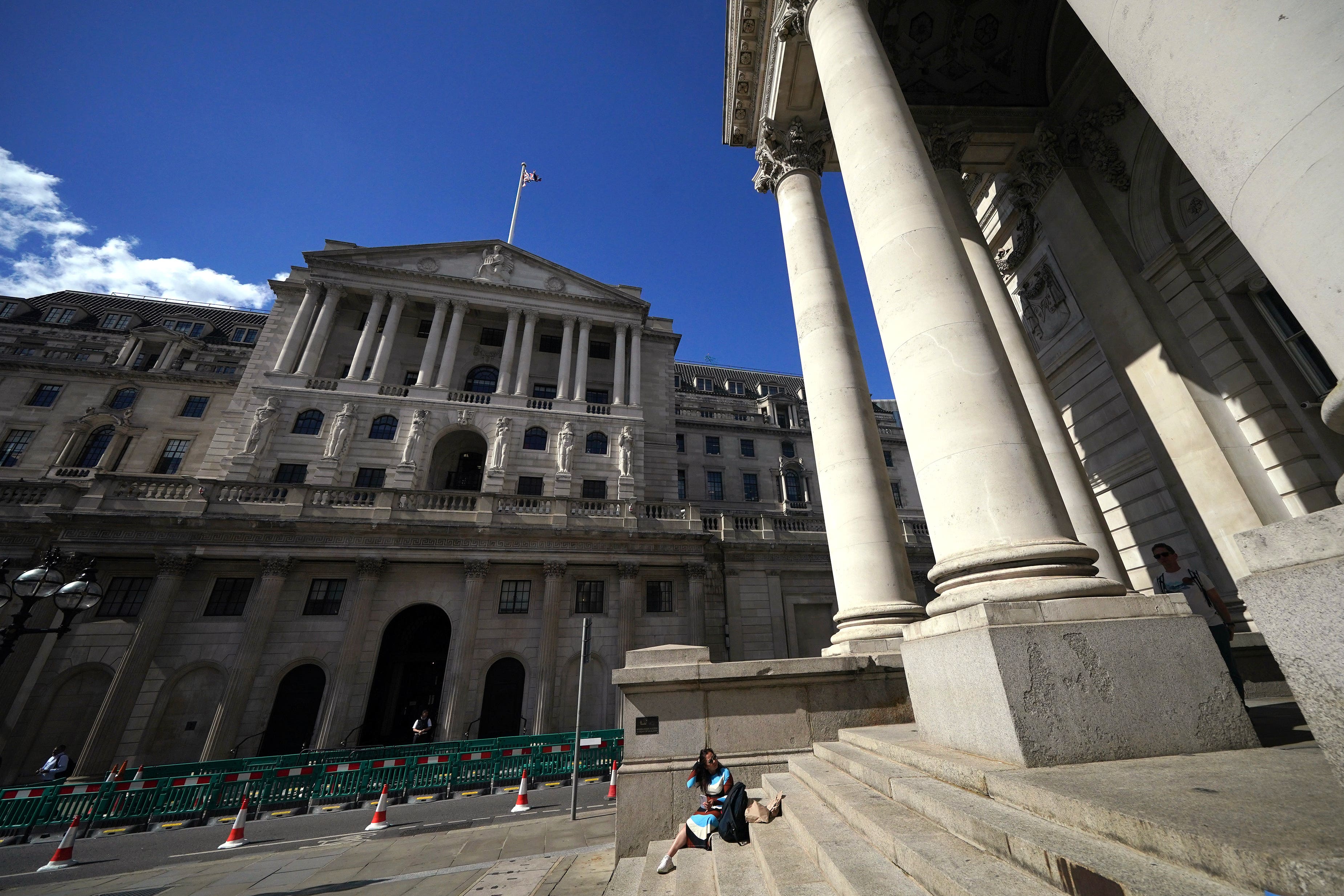Yes, the worst may be over, but high interest rates are here to stay
After 14 consecutive rises, the Bank of England has finally hit pause on increasing interest rates, writes James Moore. But borrowers need to batten down the hatches – cheap credit isn’t coming back anytime soon


The Bank of England’s rate-setting Monetary Policy Committee (MPC) has finally called a surprise pause, holding fire with interest rates at 5.25 per cent after 14 consecutive rises.
So can borrowers breathe? Maybe. But not yet easily.
Inflation has, at last, started to move in the right direction, with the most recent figures showing prices rising at 6.7 per cent per year, when the Bank had expected an increase to 7.1 per cent.
It is dangerous to rely too much on just one set of data. But the MPC doesn’t. A range of economic indicators has suggested that the effects of its actions are finally being felt. The UK economy is teetering on a dangerous ledge and could yet flirt with recession.
The vote was nonetheless on a knife edge. Five members voted no change. Four for yet another increase, to 5.5 per cent. It is worth noting that the Bank’s internal team, who have the majority, split for the first time in the current cycle having previously voted as a bloc.
Governor Andrew Bailey and three of his colleagues joined the committee’s leading dove Swati Dhingra, an external member, in opting to put rates on hold. Jon Cunliffe, deputy governor, joined the three other hawkish external appointees in voting for another rise.
“Finely balanced” was the term used in the Bank’s minutes to describe the decision. And they said the committee could still impose another rise if price rises start to show signs of picking up speed again. Inflation is an economic cockroach: once established it’s very hard to get rid of. Don’t forget how we got here, with price rises in double figures just a few months ago, wage settlements failing to keep up, and food and energy inflation far outstripping the headline rate leaving poorer Britons cold and hungry.
Their plight made a rate hawk of me, a position I never thought I’d find myself in. But forward-looking indicators are shaky. Job vacancies have fallen. The Bank’s agents have told it they aren’t planning to take people on. Firms have tried hard to avoid redundancies. Finding good people to replace those you’ve cut is tough and potentially very expensive.
A softer jobs market will lead to lower wage settlements. There were muted celebrations after the last set of figures because they had nosed ahead of inflation for the first time in months. It might not stay like that for long if the jobless rate, now at 4.3 per cent, continues on its upward path.
We can’t say that the cost-of-living crisis is over. The Bank doesn’t expect inflation to return to its two per cent target until the second quarter of 2025. Price rises won’t be as extreme as they have been recently over the next year, but they are still expected to move up at an uncomfortable rate.
For people with mortgages, who’ve found themselves in their own personal financial horror movies as their cheap fixed rates deals have run out, it’s probably fair to say things aren’t going to get any worse. Probably. There are a few more deals on the market. The fact that the cycle may have ended should produce some better ones.
But homeowners will still be left trying to run uphill, breathing through a blocked nose, probably for the next year at least. The same is true for small businesses, who’ve found affordable finance desperately hard to find. The Federation of Small Businesses is calling for government help, which might prove necessary.
Rishi Sunak rashly promised to halve inflation by the end of the year, rashly because getting there is the MPC’s job, not his.
And both he and his chancellor should be careful before claiming too much credit. The Bank’s minutes contain a warning. It’s not just that rate rises could be revisited if this proves to be a false dawn, it is that monetary policy will need to remain “restrictive” until “material progress had been made in returning inflation to the two per cent target sustainably in the medium term”.
In English: high interest rates will be with us for the foreseeable future.
Borrowers are simply going to have to batten down the hatches. Yes, we might just be able to say that the worst is over. This decision was a welcome surprise – and I think it was the right decision. But we’re months, and maybe longer, away from any real relief.






Join our commenting forum
Join thought-provoking conversations, follow other Independent readers and see their replies
Comments